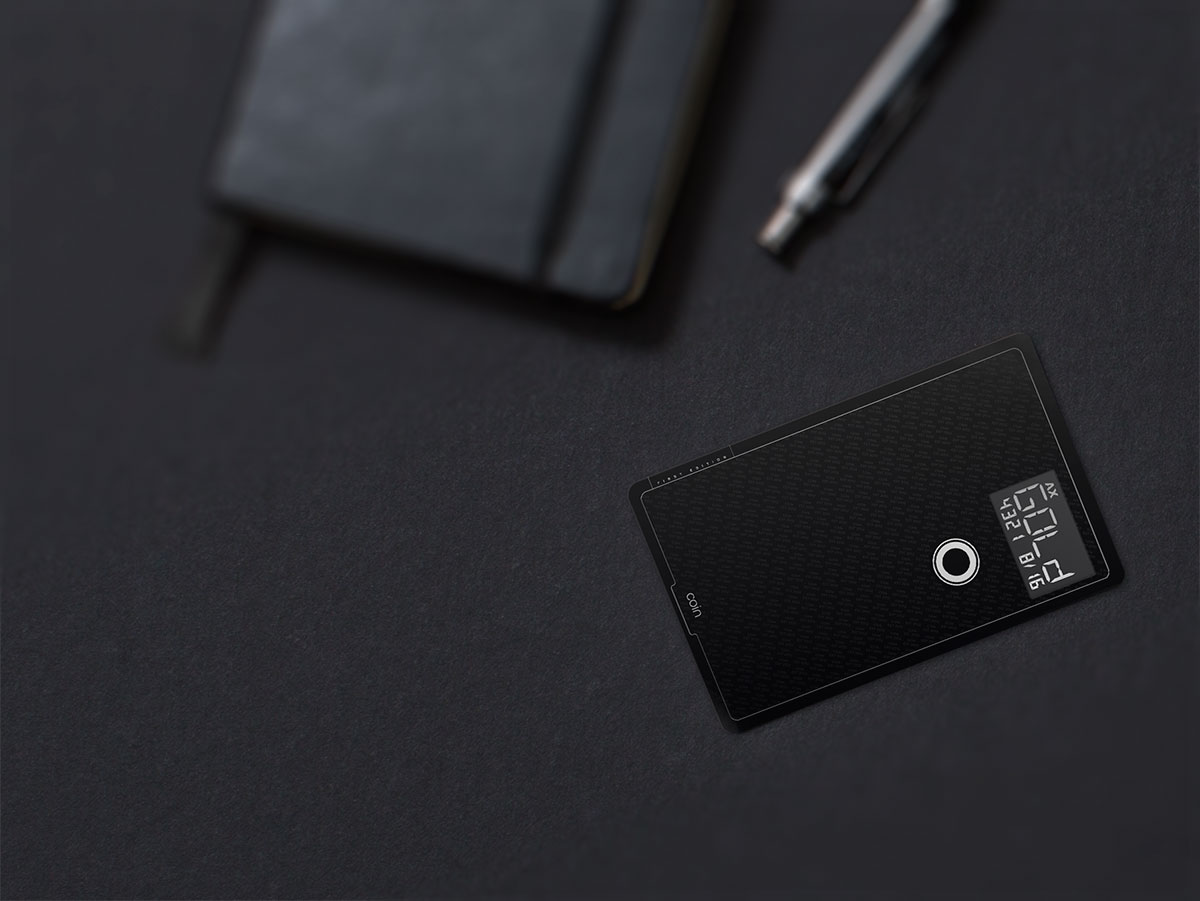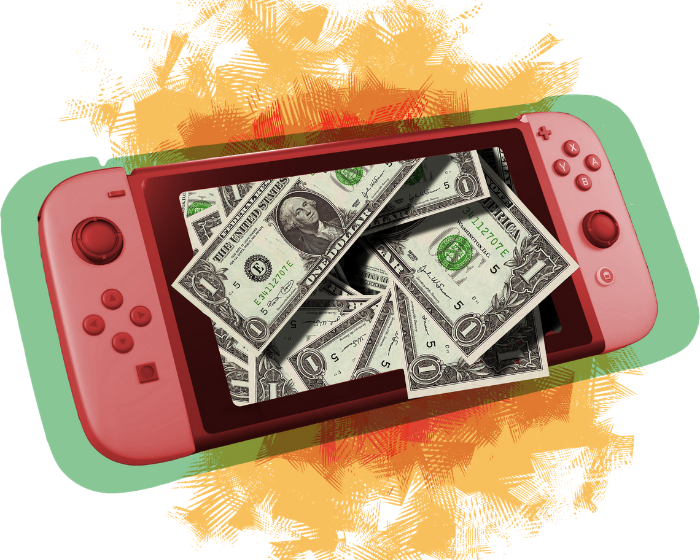Americans love plastic. There’s plastic everywhere – in your car, your phone, and your computer. There’s one particular piece of plastic that America just can’t get enough of, and it’s in your wallet: your credit card. These convenient pieces of plastic allow us to spend money we don’t have to drive the capitalist machine of a nation we live in,
and sometimes we spend a lot. Many people don’t own one card. They own many that sometimes their wallets just aren’t big enough to fit all the cards they own. A San Francisco startup called Coin wants to solve that problem.
Coin’s product, called Coin, is a programmable card that wants to replace all of your cards. Credit cards, debit cards, gift cards, membership cards, and more can be stored on Coin’s credit card-sized device. Coin can replace up to 8 cards in your wallet, and while that sounds really good, do you really want to replace them? There’s already a financial risk if you lose one of your cards, but what happens if that one card has information on 8 credit cards? It sounds like a big security nightmare, but Coin says it has measures to protect against loss or theft. However, Coin requires a smartphone to link with the card to access security and card upload features.
To cover loss and theft, you can lock Coin on a certain card from your smartphone or have an alarm notify you if it’s out of your smartphone’s range. So far Coin sounds like a good alternative to carrying credit cards around, and some early-adopters agree. Coin has already hit its $50,000 pre-sale target within the first 40 minutes after launch. With each Coin priced at $50, this adds up to 1,000 or more sales. Other companies have tried a credit card or wallet replacement product or service, most notably Google in recent years.
Google Wallet was a solution to store all of your credit, debit, and loyalty cards in one place: your smartphone. The idea was that you could pull out your smartphone and tap to pay on a Near Field Communication (NFC) or PayPass terminal at checkout. Unfortunately there aren’t many locations that have these kinds of terminals, so paying with your phone at checkout never really caught on. Now Google’s offering a more traditional product for its Wallet users in the form of a physical card. Yes, a physical card for the service that wants to store your other physical cards electronically. What this physical Google Wallet card does is act like a debit card for your Google Wallet balance. So if you happen to find yourself unable to pay the cashier with a tap from your phone, you can pay with your Google Wallet card instead!
The road to replacing credit cards is going to be a long one. Instead of a radical new way to pay, we’re just replacing the number of plastic cards we carry in our wallets. Google’s smartphone solution seemed like a decent idea, but there’s no infrastructure to support it, so they went back to the plastic card. Coin is nearly identical, except that it stores and acts like different cards with the push of a button. While the original concept of Google Wallet won’t take off any time soon, physical cards like Coin offer a realistic alternative.
Alberto Vergara































